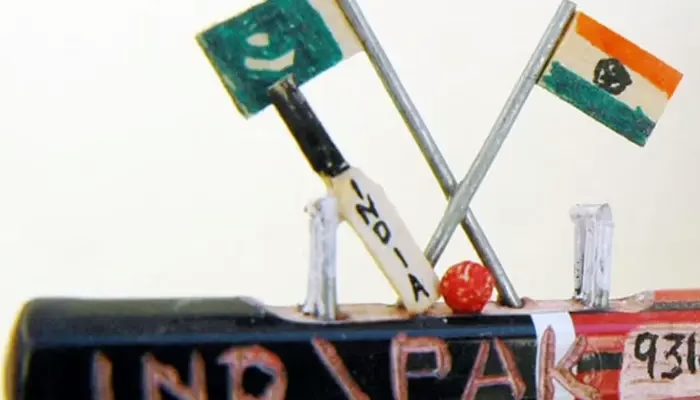The resolution of the India-Pakistan Champions Trophy standoff might seem like a win for cricket, but in reality, it reflects deeper flaws within the sport’s administration. The International Cricket Council (ICC) has faced heavy criticism for its lack of leadership, transparency, and effective governance. While the hybrid hosting model appears to placate both the Pakistan Cricket Board (PCB) and the Board of Control for Cricket in India (BCCI), it leaves cricket fans questioning the ICC’s ability to manage global tournaments effectively.
A Compromise with No Clear Winner
The PCB secured the hybrid model, ensuring it could host some matches, symbolizing equal footing with the BCCI. Meanwhile, the BCCI successfully avoided sending its team to Pakistan, aligning with its original stance. The ICC, caught between two rival boards, managed to salvage the tournament, ensuring the financial interests of all member boards. On paper, everyone emerged victorious. However, for cricket as a sport, this resolution feels more like a defeat.
The ICC’s Silence Speaks Volumes
The ICC’s handling of this saga has been uninspiring at best. Its six-sentence statement announcing the hybrid model provided no meaningful context or justification. Why was a hybrid model necessary when Pakistan was originally designated as the sole host? Why will this arrangement extend until at least 2027? These critical questions remain unanswered.
Remarkably, the ICC made no public statements addressing months of uncertainty surrounding the Champions Trophy. This passivity reflects its growing subservience to the sport’s most powerful members, particularly the BCCI. Once derided as an event management company, the ICC now struggles even in that role, as evidenced by its mishandling of recent tournaments like the 2023 World Cup and the T20 World Cup.
Read: Pakistan Clinches ODI Series with 81-Run Victory Over South Africa
A Proxy for Political Rivalries
The standoff between the BCCI and PCB was less about cricket and more about their governments’ political tensions. The BCCI repeatedly cited the Indian government’s refusal to allow travel to Pakistan, while Pakistan argued that politics should stay out of sports. However, the PCB’s own chair, Mohsin Naqvi, also serves as Pakistan’s interior minister, blurring the line between politics and cricket.
In India, the situation was equally convoluted. The government issued no official statement, deferring instead to the BCCI’s claims of security concerns. Yet, the BCCI itself insisted that the decision was not in its hands, leaving cricket fans and stakeholders in a confusing loop of deflection and denial.
Leadership Vacuum at the ICC
The ICC’s inability to assert authority over its members has left cricket directionless. Outgoing chair Greg Barclay’s detached commentary highlighted the governance crisis. Even Jay Shah’s recent transition from representing the BCCI to leading the ICC epitomized the conflicting interests within the organization.
The Cost of This “Victory”
While the hybrid model ensures the Champions Trophy will proceed, the standoff underscores the ICC’s weakening control over the sport. If this resolution represents cricket’s version of a “win,” it raises an uncomfortable question: what does losing look like?
Follow us on Google News, Instagram, YouTube, Facebook,Whats App, and TikTok for latest updates
